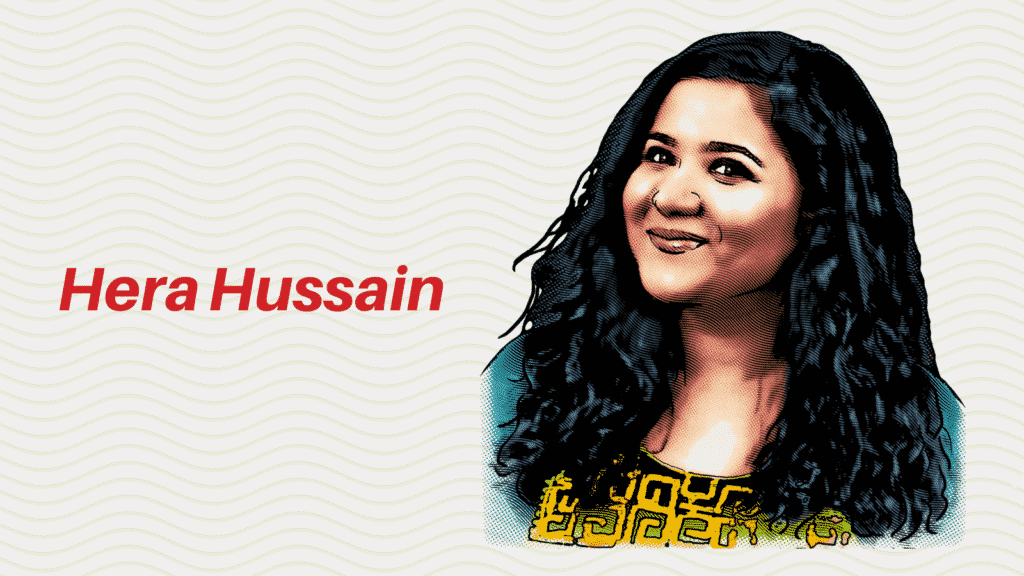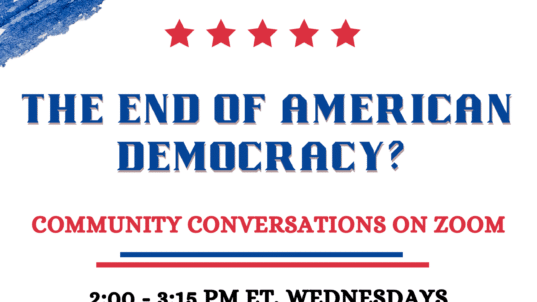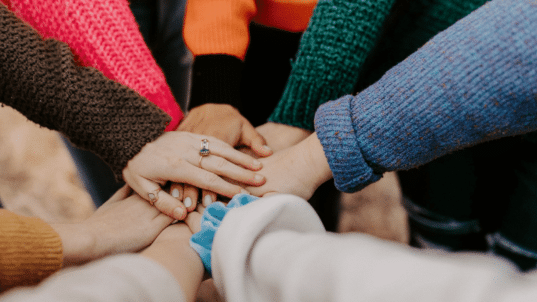
Hera Hussain via webfoundation.org
Born in the UK, Hera Hussain grew up in Pakistan. She returned to the UK and completed degrees in Psychology and Economics at the University of Glasgow. As a student, she became very interested in entrepreneurship. With a background in marketing and social media, Hera had several internships with entrepreneurial ventures. After graduation, she continued her entrepreneurial interests. Hera is what many would call a “social entrepreneur,” applying her entrepreneurial skills to activities focused on the public good.
In May 2013, Hera formed Chayn, which means “peace” in Urdu, as an organization that provides support for women in vulnerable situations. She was motivated by her experience helping two friends escape abusive relationships. At the time, she discovered that there was a lack of information by women and for women on things like divorce, child custody, and seeking asylum. The information she did find was written mostly by men with negative attitudes about divorce and in language that was difficult to follow.
Chayn worked to solve this problem by providing self-help guides written by volunteers, many of whom are survivors of gender-based oppression. The use of crowdsourcing has been criticized because the resources aren’t created by conventional experts. But the simplicity of the language and the practicality has made it very useful for women in need.
The information that Chayn has created is web based and open source. In the first seven years, 380,000 people have viewed Chayn’s resources, with 1.3 million pageviews. Many of the resource guides are in multiple languages including, English, Italian, Portuguese, Urdu, Arabic, French, Farsi, Russian, Spanish, and Pashto.
Hera has received numerous accolades, including being recognized as one of the MIT Technology Review’s Innovators Under 35 in 2018.
When you think of Hera’s work with Chayn, there are several lessons that are worth considering:
- Technology can be useful in empowering those who are vulnerable by enabling the crowdsourcing of useful information.
- Entrepreneurship can have both a social and a business focus. For many young people who want to make a difference, social entrepreneurship may be their calling.
- Innovation should follow the motto of “design with, not for.” People who need the innovation, the end-users, should be a part of the design process.
- Volunteers can be invaluable in bringing a practical and enabling perspective based upon their own experiences, whereas those with specific expertise may not be as effective.
Just imagine the impact that an increased focus on social entrepreneurship might have on supporting those in need. What if universities became the leaders in promoting social entrepreneurship? Just imagine how we might shift our innovation and design practices from focusing on those with traditional forms of expertise to focusing on collaborations between experts and those with first-hand experiences. Experts have relevant knowledge but can lack insight into the real needs of those dealing with problematic situations. Those who have successfully dealt with problematic situations first-hand can bring their own form of expertise that is vital for guiding others. Just imagine how we might use technology to create valuable support networks for those who are most vulnerable in our societies.
Beginning with the challenges of the Covid-19 pandemic, what if the 2020s become known as the beginning of a social revolution based upon enabling technology, social entrepreneurship, and the collective efforts of individuals who are committed to a betterment of society?
* * *
“Technology is nothing. What’s important is that you have faith in people, that they’re basically good and smart, and if you give them tools, they will do wonderful things with them.” – Steve Jobs
This is part of our “Just Imagine” series of occasional posts, inviting you to join us in imagining positive possibilities for a citizen-centered democracy.



